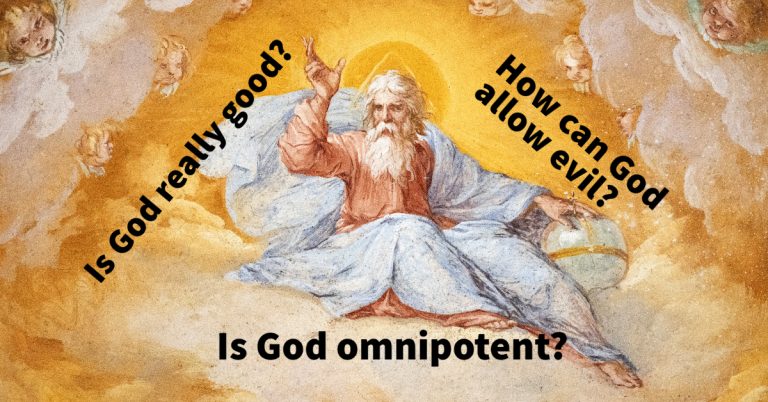T4G: Interpretation and Egalitarianism
In searching around the blogosphere, or more accurately taking a quick glance, I note that many bloggers are responding to the Together for the Gospel statement as though Article XVI (about male leadership in ministry) was a single aberration in an otherwise good document. In fact, for some, the tragedy of women being excluded from the conference (though not completely) was that they would be denied the otherwise wonderful Bible teaching involved.
(Let me note a few entries that I read and that provide good links to others. These are not all examples of the tendency I noted above, but they will help you get the flavor of the discussion. Dave Warnock discusses this issue especially in his post Together or Divided?, and Michael Bird wrote an excellent post from a generally conservative viewpoint, but focussing on the complementarian/egalitarian issue in Together for the Gospel . . . Not Quite. Adrian Warnock has been blogging extensively on this from the conservative point of view. A good wrap-up can be found at Adrian Warnock’s blog.)
I’m afraid I can’t agree with this viewpoint, however. I think that the issue of gender roles in church leadership is the single clearest example of a divisive viewpoint in this statement, not to mention one I believe is wrong. But I believe that the complementarian view comes directly from the statements on scripture and the approach to interpretation that is represented here. Now I don’t call this approach “conservative.” There are genuine conservatives who don’t accept the complementarian position, and even more important, there are complementarians who are not divisive.
The reason I see this statement as divisive is simply that it claims that all these elements are part of the genuine gospel, and the clear implication that those who disagree are teaching a false gospel. This level of detail when defining essentials is very troubling to me. Now it may appear that I am creating an equally detailed statement by opposing this statement point by point. But let me emphasize that I do not regard my beliefs on Biblical inspiration or on egalitarianism are a part of the essential definition of the gospel. I do believe that inclusiveness is more consistent with what is fundamental than is exclusiveness. Exclusiveness is not worthy of the doctrine of the incarnation and the sacrament of communion. But that’s another post.
The T4G statement places one’s theology, the data that one accepts as true, at the center of the issue, and even in doing this it fails to place the focus on the incarnation, in the instance of God’s reconciliation, and especially on his giving us the ministry of reconciliation (2 Corinthians 5:16-21). This emphasis is more dangerous than the complementarian attitude reflected in Article XVI, although that article does follow naturally from the doctrinal nature of the whole statement.
There is a serious need here to define what truly is essential, and what is optional. My most fundamental problem with the T4G statement is that I believe it is almost all about non-essentials (other than statements on grace and salvation by faith, and even those are flawed), and skips many essentials.
I’ll return to my article by article discussion in my next post on this topic.

